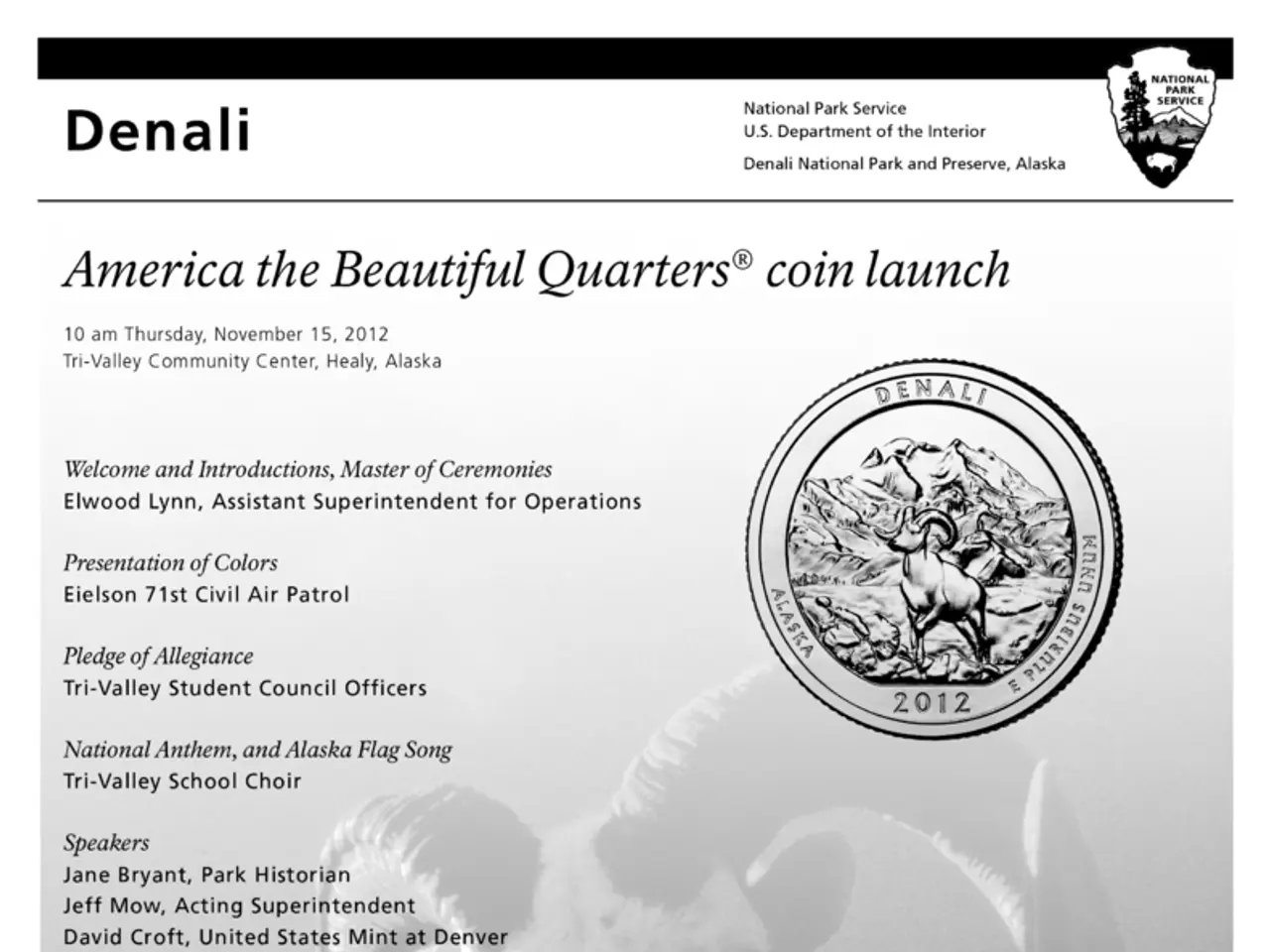Discussion on prohibiting AfD: necessary adjustments to existing practices
In a nutshell, the German Constitution outlines clear-cut circumstances for banning political parties. As stated in Article 21, parties aimed at damaging or abolishing the liberal democratic system, or threatening the very existence of the Federal Republic of Germany, are unconstitutional.
Being a matter of legal assessment, a party loses its right to exist if it exhibits the qualities of unconstitutionality as per the Federal Constitutional Court's rulings.
So, what does it take to be considered unconstitutional by the Federal Constitutional Court? Let's dive in!
Unconstitutional Characteristics as per Jurisprudence
- Undermining liberal democratic basic order: Parties advocating for ideologies that contradict the principles of a free democracy, such as autocracy, fascism, or totalitarianism, are at risk of being deemed unconstitutional.
- Impairing the democratic process: Activities that aim to disrupt or manipulate democratic elections, such as voting fraud, are likely to lead to a ban.
- Abolishing the rule of law: A party that encourages or engages in activities that threaten the impartiality and independence of the judiciary may face a ban.
- Endangering the Federal Republic of Germany's existence: Parties advocating for secession or reunification by force, or inciting violence to achieve political goals, could be considered unconstitutional.
- Risking substantial damage to the state, or the people's freedom or dignity: Parties promoting hate speech, discrimination, or violence against certain groups may be at risk of being banned if their actions pose a significant threat to public peace and order.
Keep in mind that these characteristics serve as guidelines rather than strict rules. Every case is evaluated individually based on specific circumstances.
So, there you have it—the basics of party bans in Germany according to Article 21 of the Basic Law and the Federal Constitutional Court's jurisprudence. Now you're better equipped to understand the legal and political landscape in this fascinating democratic nation!
A political party in Germany may be deemed unconstitutional by the Federal Constitutional Court if it undermines the liberal democratic basic order, such as advocating for autocracy, fascism, or totalitarianism. Additionally, a party could face a ban if it involves activities that impair the democratic process, like voting fraud, or encourages actions that threaten the rule of law and peaceful coexistence, including hate speech, discrimination, or violence against certain groups.






